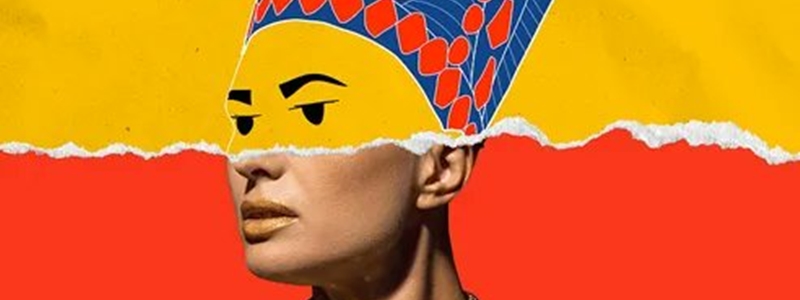 Building a better brain through music, dance and poetry
Building a better brain through music, dance and poetry
From a podcast by NPR
A growing body of research is probing art's effects on the brain. The idea — that art has a measurable effect on the brain and its structure — has support from a growing number of scientific studies.
"Creativity is making new connections, new synapses," says Ivy Ross, who is VP Hardware Design at Google and co-author of the New York Times bestseller, Your Brain on Art: How the Arts Transform Us.
Ross co-wrote the book with Susan Magsamen, director of the International Arts and Mind Lab at Johns Hopkins University School of Medicine. She says art's effect on the brain is most dramatic in children, "Children that are playing music, their brain structure actually changes and their cerebral cortex actually gets larger."
In Your Brain on Art, the authors describe how a person's neural circuitry changes in response to activities like learning a new song, or a new dance step, or how to play a character onstage. They also explain why a growing number of researchers believe these changes result in a brain that is better prepared to acquire a wide range of skills, including maths and science.
Music, dance, drawing, storytelling — all of these have been a part of human cultures for tens of thousands of years. As a result, "we're really wired for art," Susan Magsamen says.
"Children who engage in the arts are better learners," Ivy Ross says. "Students with access to art education are five times less likely to drop out of school and four times more likely to be recognized with high achievement."
"I was a dancer for like 12 years and I really think it gave me a sense of form and negative space," she says. "Dancing also seems to improve mental health. Even just 15 minutes of dance reduces stress and anxiety,"
The link between arts and academic achievement has been noted by educators for many years. But it's only in the past couple of decades that technology has allowed scientists to see some of the changes in the brain that explain why. In 2010, for example, scientists used functional magnetic resonance imaging to show that professional musicians had greater plasticity than non-musicians in the hippocampus, an area involved in storing and retrieving information.
"The arts provide children with the kind of brain development that's really important for building strong neural pathways," Susan Magsamen says, including pathways involved in focus, memory and creativity. However, despite growing evidence that arts can improve performance in many other areas, are they really prioritised in education?
Listen to the 4 minute podcast here.
From a podcast by NPR, 01/04/2024